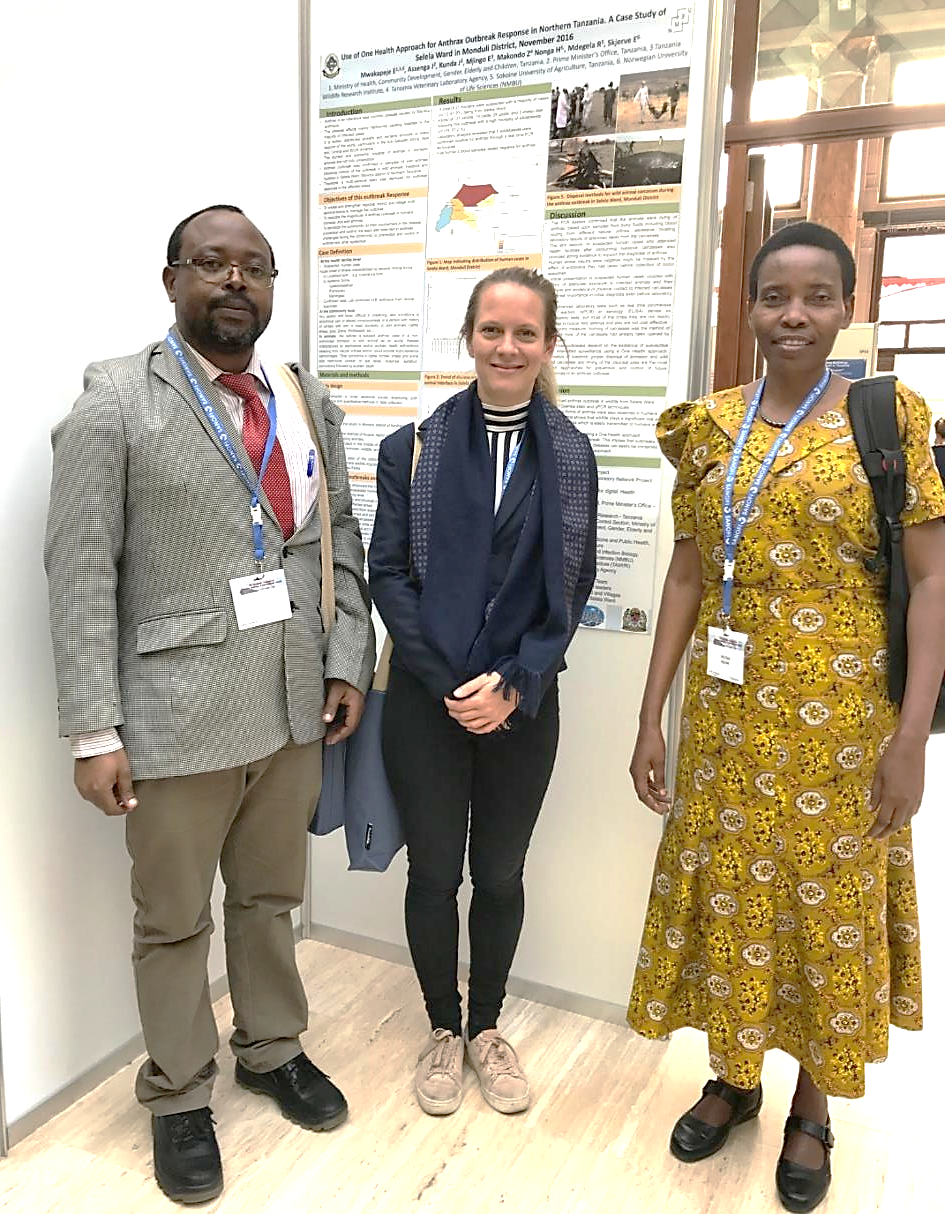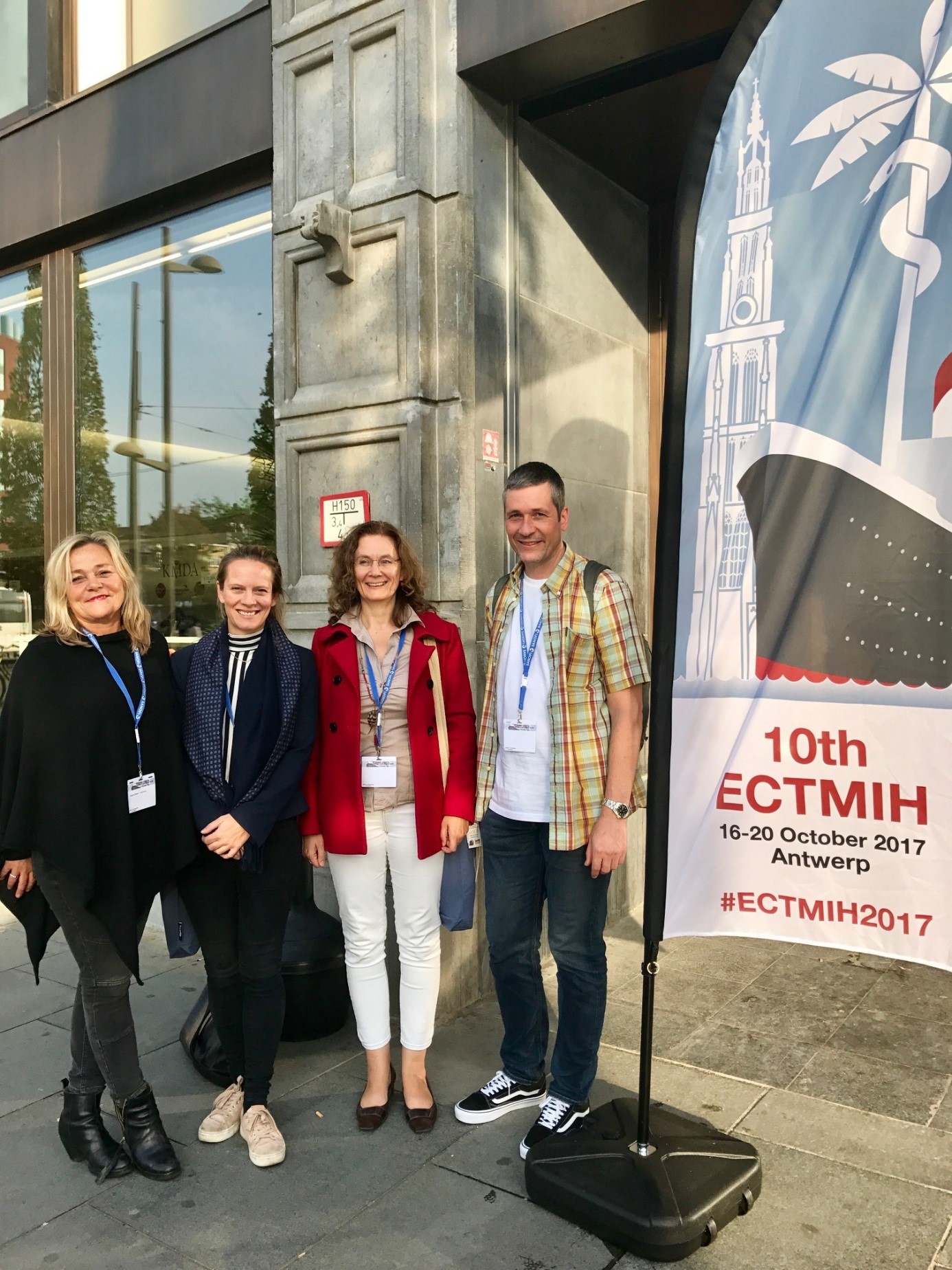
The congress had over 1500 participants coming from all over the world to share the state of the art and new research results in tropical medicine and global health in low-income countries. Experts got the chance to discuss and debate critical issues, and were provided with a set of cases and challenges that will facilitate a better understanding and cooperation. Focused topics were malaria, tuberculosis, parasitic diseases, tropical bacteria, hemorrhagic and vector-borne viruses, especially related to antimicrobial resistance, universal health care, epidemic responsiveness, migration and climate change.
Developing new treatment, public policy, politics, funding and integrated health systems all play roles in tackling the challenges in global health and tropical medicine. Cross-disciplinary balance is important for real advancements in the field. Scientists and researchers should engage with policy makers to change the face of health care for patients.
With parallel sessions in addition to plenary talks, the participants could surf between topics of interest and networking.
Abstracts from the Poster Sessions were published in Tropical Medicine and International Health, volume 22 suppl 1 pp 115–345 October 2017, and can be found here.
Key messages from some of the sessions:
International health collaboration - health cooperation beyond aid
- Solidarity, human rights and moral positions was emphasized as the main driver behind the health collaboration between the global north and south, and the policy objective behind universal access to health. Economic growth for the low-income countries is not solely based on external financing but on domestic resource mobilization.
- The funding situation is changing – the official aid is stagnating. We see a growth of new types of financing, with different actors including for example Gates Foundation, Private Public Partnerships (PPPs) and NGO collaborations with institutions. Certain values apply with the new actors. Is this leading to fragmented systems? Is it charity without knowledge exchange?
- The award winning essay: “Health cooperation beyond aid: How we do it!” written by Natalie Sharples, Health Poverty Action, was read out loud.
- There is a growing hostility to aid. Redirecting money is crucial, into health care for all. There is a need for a redefinition of “aid” into compensation, redistribution or global solidarity.
- The global and national development agencies are ending 50 years of bilateral cooperation in middle-income countries. What are the strategies for the future? What about the knowledge and technology in these countries, and the regional initiatives? Is it right for the development agencies to pull out based on economic factors from World Bank? The middle-income countries have their own state money, but lack the expertise. We need the ideas around boosting incubators, the strengthening of the PPP’s, as well as collaboration between the agencies.
Collaborative initiatives for capacity building and education
Different models and examples of capacity building and education were presented:
- 1) Quality Assurance practices; 2) Postgraduate mobility programs facilitating cross-disciplinary training in global health; 3) Network Structure Feedback and integration practices.
- Building operational and institutional research capacity and influencing policy and practice in low- and middle-income countries through the SORT IT model. Building practical skills to conduct and publish operational research and foster changes in policy and practice.
- Strengthening the capacities of emerging actors in health policy and systems practice and research, mentoring them into future leaders, creating spaces to share their work and make their voices heard. The presentation of the project WANEL.
- The importance of networking for quality in international health teaching and learning.
- Critical reflection and collaboration between partners are required. So are arguments for responsive and appropriate change within a community of practice to enable it to meet its contemporary needs.
Collaborative and innovative tools for interactive learning in mobile low-bandwidth context
- Linking innovation, technology and collaboration is key to enhance teaching and learning. Digital know-how and distant learning strategies. How to captivate large groups of students? The group experienced live polling and a live brainstorming session with anonymous feedback from a group.
- How to use the tools for interactive learning? The generation gap in terms of teaching tools was discussed.
Health inequalities
- How much inequality is a lot? The poorest suffer the most, even due to free health care services. Social determinants are important, and the poorest are the losers.
- Solutions will not come from health care itself, but from reducing the gap in economic well-being.
- Health system strengthening is needed to reduce inequity. We need analysis and a multi-sectoral approach. The shift from inequality to inequity, from national to global level, was high on the agenda.

.jpg)